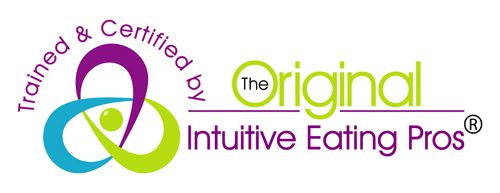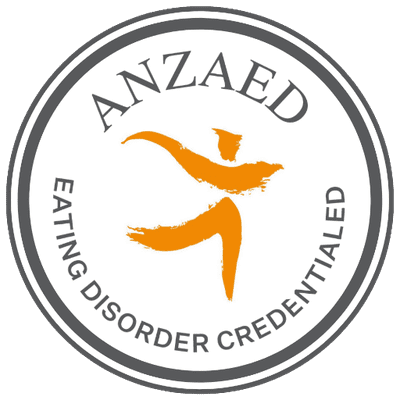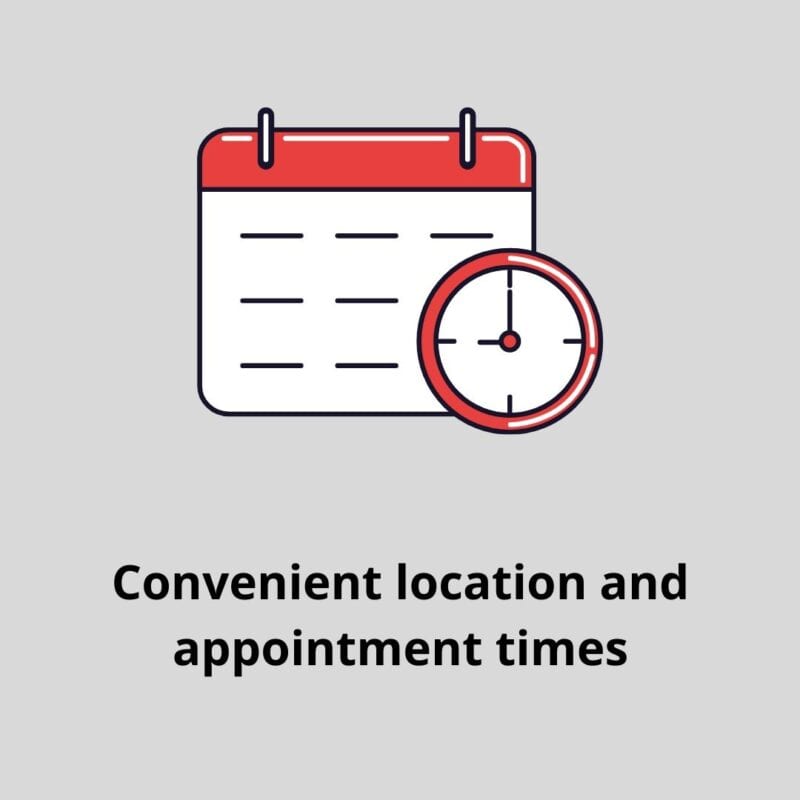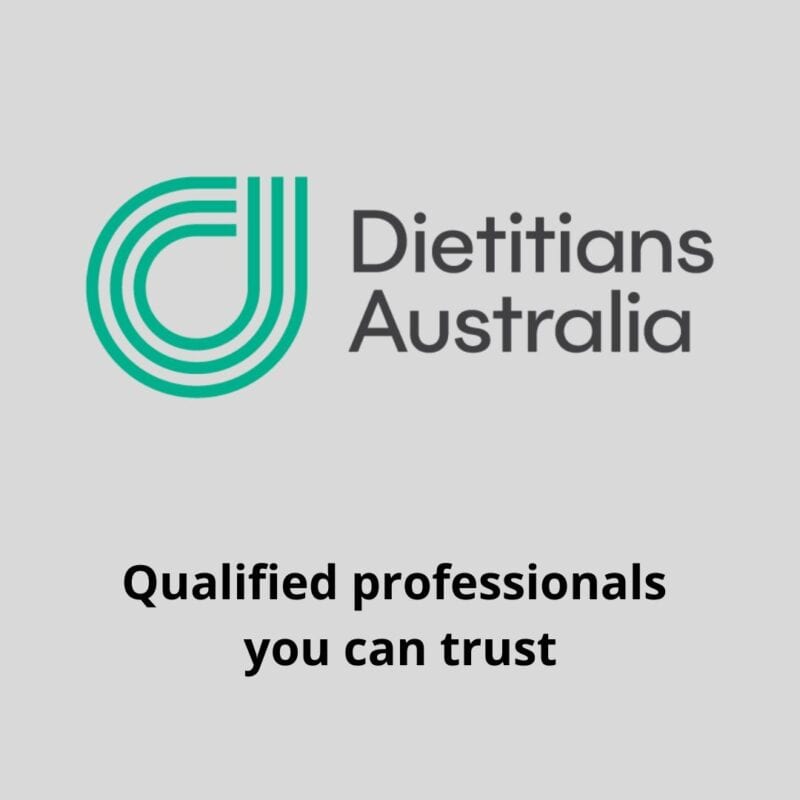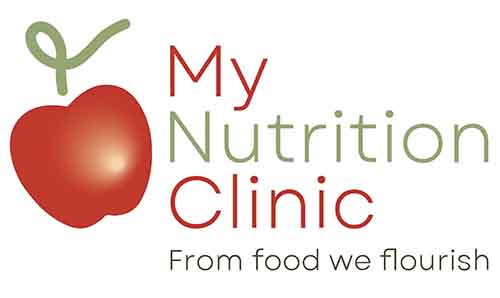Oestrogen levels naturally drop after menopause. This hormonal change leads to increased bone loss and an increased risk of heart disease, not to mention the menopausal symptoms of hot flushes and night sweats. HRT has been one of the main forms of defence against these processes in the past few decades, but growing contention towards the possible side effects of taking hormones has left a lot of women in turmoil about what to do.
The good news is that certain foods and eating patterns can offer benefits towards the increased risk of osteoporosis, heart disease and certain cancers. A particular nutrient in foods called Phyto-oestrogens can mimic the hormone oestrogen and have the potential to bind to oestrogen receptors in the body and exert a much weaker effect than that of oestrogen. It’s for this reason that phytoestrogens can reduce the severity of menopause symptoms, and aid in the prevention of osteoporosis and heart disease.
Hot Flushes and Night Sweats
The severity and the frequency of hot flushes have been shown in some research trials to be reduced by consuming soy protein every day (Cochrane 2013). The ideal amount of soy protein needed to produce this effect is likely to be different for each individual.
Soy protein contains phytoestrogens and can be found in foods such as soybeans soy sauce, tofu, soy milk, soy flour and soy-based textured vegetable proteins (e.g. Quorn). You can also obtain phytoestrogens from alfalfa sprouts, other legumes, linseeds, wholegrains, cabbage, liquorice and hops.
Weight Gain
Gradual loss of muscle mass with age and potentially dramatic changes in work and family circumstances can all contribute to weight gain. When researchers looked at the difference in menopausal women who gain weight and those who don’t they found very specific eating habits that were linked with weight loss. In the long-term, women who cut back on desserts, soft drinks, cheese and meat and ate more fruit and vegetables and made changes to their physical activity patterns fared the best
Osteoporosis
Bone loss can speed up during this time and can increase the risk of women developing osteoporosis later in life. It is because of this that calcium requirements after the age of 50 increase significantly to at least 4 serves of dairy or calcium-rich foods every day. The evidence is also emerging about a potential link between strong bones, adequate calcium and your weight. Phytoestrogens have also been recommended to preserve and maintain bone mineral density in the spine in post-menopausal women (Osteoporosis Society of Canada, 2002). A dietitian can help you identify the foods and an eating plan ensure you meet your daily calcium needs.
Heart Disease
Our risk of heart disease increases with age. Soy protein may help to lower total and LDL cholesterol when it replaces dairy protein or meat in the diet. Soy protein from food is recommended over isoflavone supplements and can be found in tofu, soy milk and soy beans. They also have benefits for the heart and overall health because of their high content of polyunsaturated fats, fibre, vitamins, minerals and low content of saturated fat (American Heart Association, 2006)
Cancer
There is limited suggestive evidence that soy foods may lower the risk of prostate and stomach cancer. The evidence for soy foods and cancer of the pharynx, oesophagus, pancreas, breast and endometrium is limited with no conclusion possible. There is no association between soy foods and the risk of other cancers, including bowel cancer. While they may have a protective effect, there is also some evidence that phytoestrogens might stimulate the growth of existing hormone-dependent cancers.
Cancer Council does not recommend or support the use of supplements for breast cancer survivors. There is evidence to suggest that women with existing breast cancer or past breast cancer should be cautious in consuming large quantities of soy foods or phytoestrogen supplements (Cancer Council 2009).
Putting it all into action
Menopause is a great time take stock of your lifestyle habits to ensure good health, vitality and healthy ageing throughout the next stage of life. To get started you could try a range of small and gradual changes to your diet to keep one step ahead of menopause and prevent unwanted weight gain and associated health risks. A dietitian can help you identify where there is potential room for improvement and support you through the changes.
To get more help with menopause, book an appointment with one of our dietitians below.
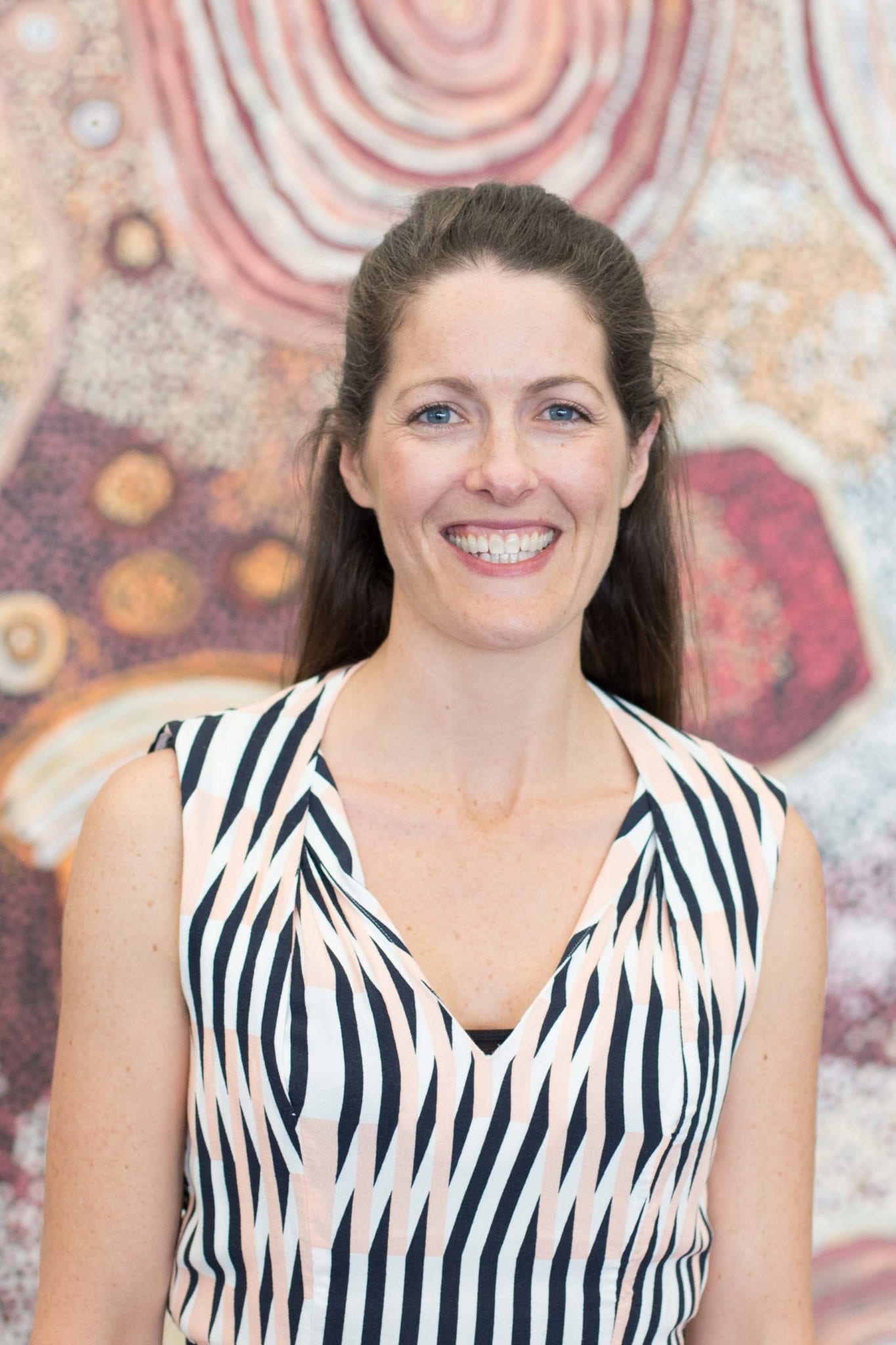
Anna D'Arcy
Co-Director
Anna is an Accredited Practising Dietitian and co-director of My Nutrition Clinic who has worked for over two decades in the development and delivery of weight management programmes for adults and children. Anna has a Masters of Nutrition and Dietetics along with a Masters in Public Health and has worked in both Australia and London (UK).
Favourite nutrition areas:
Weight management
Bariatric surgery
Depression
Eating Disorders
Gut issues
